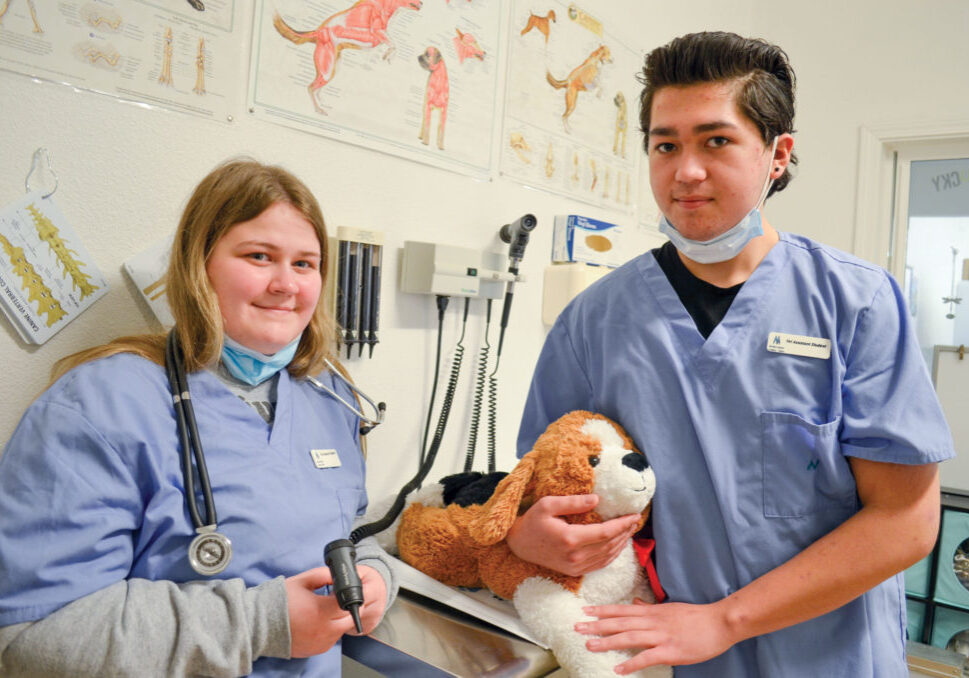Lab Schools in California, including ones at Butte College in Chico, Shasta College in Redding, and College of the Siskiyous in Weed, provide valuable real-world experience for students training to be teachers in the area of Early Childhood Education (ECE). They immerse students in the actual experience of teaching, as they learn the intricacies of working with young children in structured classrooms located on college campuses. At the same time, these lab schools offer developmentally appropriate, research based programs for pre-schoolers enrolled in the schools.
Lab Schools provide:
- Early care and education for infants, toddlers and preschoolers, while their family/primary caregiver is attending school and/or working. Children who attend lab schools have an enriching experience in many ways, including the opportunity to get to know a wide range of adult students of different ages, interests and backgrounds.
- A non-intrusive child observation opportunity for community members, students and observers enrolled in surrounding colleges who are studying child development, education, human development, psychology, research, anthropology, nursing, and other related health professions; as well as for families to learn more about their child’s growth and development in a group setting.
- The essential goal of the lab school experience is to allow ECE students the opportunity to turn their classroom, theory-based knowledge of child development theory into hands-on experience in a live classroom environment, emphasizing social justice, anti-bias and inclusion.
How Lab Schools work
Lab schools draw from the principals and educational philosophy of theorists such as Jean Piaget, Rudolf Steiner, John Dewey, Erik Erikson, Maria Montessori, and Urie Bronfenbrenner. They also incorporate lessons from professional organizations such as Anti-Bias & Peace Education, National Association for the Education of Young Children, Program for Infant Toddler Caregivers, the Reggio Emilia Approach and many more.
Lab schools are a vital part of the ECE experience for many college students training to become teachers, and are held as part of the regular curriculum on many community college campuses. Under the direction of highly trained and certified “Master Teachers,” the community college programs are set up following state requirements and national standards based on the National Association for the Education of Young Children.
These master teachers supervise teams that may include support teachers, interns, and, of course, students. The daily classroom life in a lab school is much like that of any other school, except the emphasis is on creating a highly focused, developmentally appropriate learning environment for all children. Students start out as observers and slowly move into roles with more responsibility as they get practice in such areas as parent conferences, child assessments, family meetings and home visits, lesson planning and more.
Students learn how to:
- Build meaningful relationship-driven learning environments for children and families.
- Create a high-quality learning environment for children that focuses on rich, engaging and skill building play-based curriculum.
- Deepen their reflective practice and communication skills needed for sustaining effective collaborative teaching teams.
- Embed effective inclusion strategies into the daily schedule for children who have varying disabilities.
- Implement the skills of authentic observation and assessment to better understand a child’s temperament, behavior, abilities, learning style and individual needs.
- Strengthen their inquiry approach to learning, solving problems and developing a plan of action.
Lab schools provide:
- Invaluable supports and job-embedded learning, helping deepen the understanding of their future in the early care and education profession.
- Strategic partnerships between higher education, local school districts and community wide early learning & care centers, and pipelines for the future of early educators.
- A standardized learning environment that is consistently developmentally appropriate and usually quite interesting to the children. High-quality care on every level is the primary focus.
- Education and compensation strategies that address the racial, economic, and linguistic inequities which continue to divide and stratify the early education workforce.
- A high adult-to-child ratio, helping lead teachers provide an enriched physical and social environment for the children’s exploratory learning activities.
Student-teacher ratios that allow children to feel more comfortable around their teachers, permitting teachers to build solid rapport with the students.
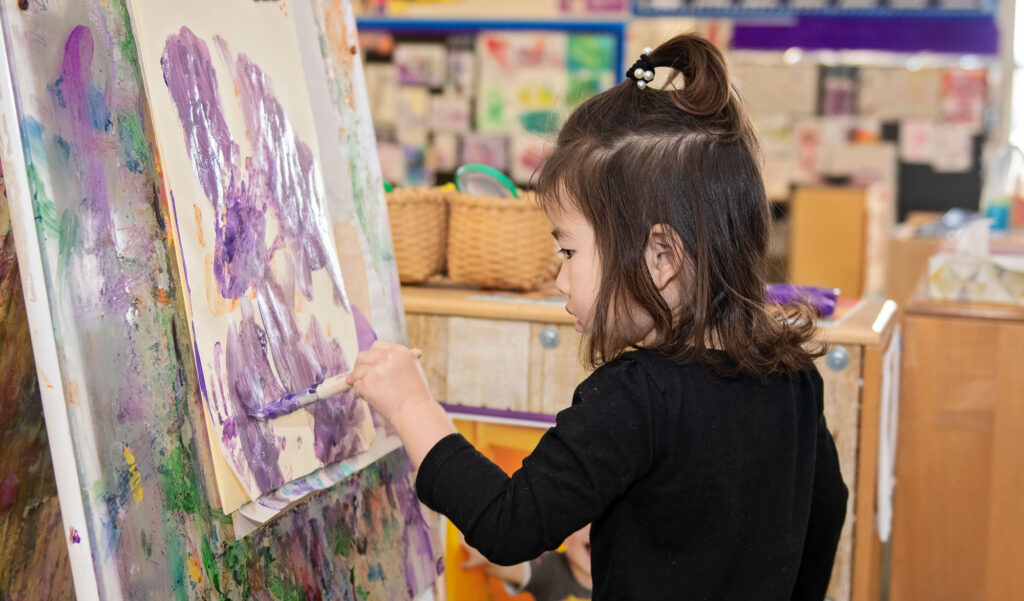
The Butte College Child Development Center, one of the North State’s lab schools, has been a lab school and daycare program since 1994. Photo by Amber Thompson.
Butte College
The Butte College Child Development Center has been a lab school and childcare program since 1994. There are four classrooms for children six months to five years old, giving college students experience with a wide range of ages and stages of development. The program is accredited by the NAEYC and contracted with the California Department of Education to support low-income student parents with childcare needs while in school. The program also currently has a federal grant called Child Care Access Means Parents In School to provide more support for low income student parents of infants and toddlers. The program accepts children of community members, Butte College employees and students at the college.
Julie vanderEyck, Director of the Butte College Child Development Center, says, “For most student parents on campus there is nothing more ideal than bringing your child to school with you. Our program is set up with an adult classroom for parents to be able to study before taking their child home for the day. This has allowed parents to take more classes and finish their programs faster.”
Julie says it’s a wise practice for all Early Childhood Education professionals to “stay abreast of what is being shown at lab schools across the nation. A lab childcare program that bases its philosophy of best theory and practice and that uses its program to mentor and guide incoming student teachers is beyond valuable.”
Recognizing that parents are the primary teachers of their children, she says, “We strive to provide a support system for them. We are committed to fostering young children’s healthy development, self-esteem, independence, and competence. Our teaching staff strive to create an atmosphere of respect for all individuals in a setting that stresses cooperation and values cultural diversity.”
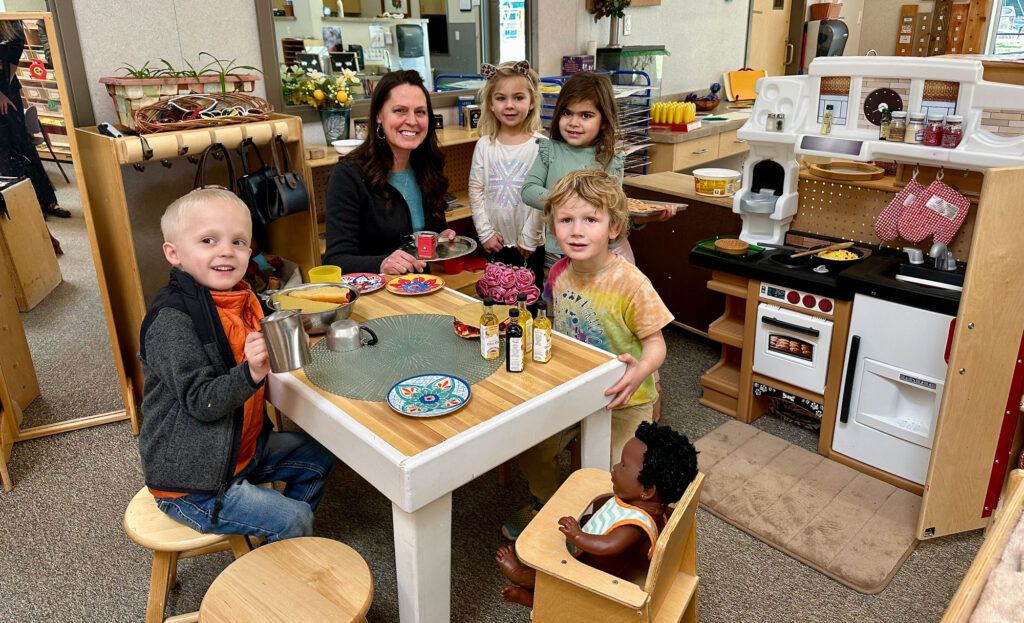
Karen Sinderson teaches in the lab school at the Shasta College Early Childhood Education Center. She says,
“I feel privileged to be a part of growing such an enriching program. We work hard to foster an intentional learning environment. The children are learning from the teachers and each other and the teachers are learning from the children and each other.”
Shasta College
Beverly Mullally Charsha, MA, is Director of the Early Childhood Education Center at Shasta College, which has earned continuous national accreditation from The National Association for the Education of Young Children since 2004. Here, she says, “We provide opportunities for observation and training of future early childhood practitioners.”
The play-based environment encourages children to explore, investigate and create in indoor and outdoor classrooms with low child-adult ratios and a curriculum designed to build social, emotional, physical and intellectual skills. The flexible schedule gives college students — training to be future early childhood practitioners — many opportunities to observe and participate in the classroom. Children of students at Shasta College have priority enrollment in the lab school, but it is open to all children in the community.
Karen Sinderson, ECE Lab School Teacher at Shasta College, has worked in ECE for more than 20 years, 14 of which have been at the Shasta College ECE Center Lab School. “I feel privileged to be a part of growing such an enriching program,” she says. “We work hard to foster an intentional learning environment. The children are learning from the teachers and each other and the teachers are learning from the children and each other. It’s really a beautiful synchrony.”
College of the Siskiyous
At College of the Siskiyous, the Discovery Child Development Center (DCDC) is in the process of reaccreditation through the National Association for the Education of Young Children. A collaboration with Siskiyou Child Care Center, an early education program operated by Siskiyou Childcare Council, the DCDC serves students and faculty of College of the Siskiyous’ Child Development, family and Education Program, as well as the students in the Rural Health Sciences Program.
Program Coordinator Patrice Thatcher-Stephens, M.A.T., says, “The DCDC is a living laboratory of child development. A college lab school is a model of educational practice and benefits the entire community. With our new partners (the Siskiyou Child Care Center) we are reimagining our role and hope to return to using the DCDC-SCCC program as a fully functioning Lab School during spring semester 2023.”
Posted in: Education
Comment Policy: All viewpoints are welcome, but comments should remain relevant. Personal attacks, profanity, and aggressive behavior are not allowed. No spam, advertising, or promoting of products/services. Please, only use your real name and limit the amount of links submitted in your comment.
You Might Also Like...
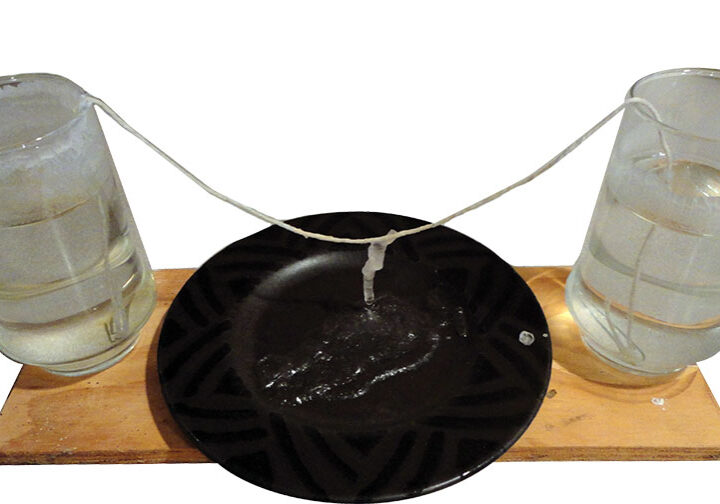
Homemade Icicles Are a Simple Science Experiment
Winter is upon us and with it some freezing weather. Well, that depends on where you are. Some kids rarely have a chance to see some snow or the iconic […]
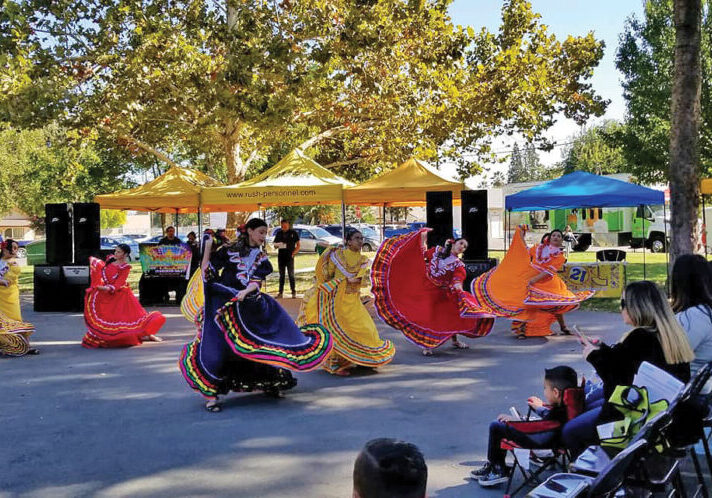
Dia Del Campesino – Day of the Farmer
Every year for the past 35 years, (with a brief break during the COVID shutdown), The Hispanic Resource Council of Northern California (HRCNC) has presented the colorful Dia Del Campesino […]

Start Strong: Fun Ways to Celebrate Teachers at the Beginning of the Year
When was the last time you thanked a teacher? So often we go about life, grateful for their hard work, but we never really stop to thank them for the […]

“MOM! I Don’t Want to Set Goals!” Talking to Your Teen About Goals
As we leave 2024 behind us and look forward with hope to a bright new year, we begin to set new year’s resolutions, or as they are called the rest […]



